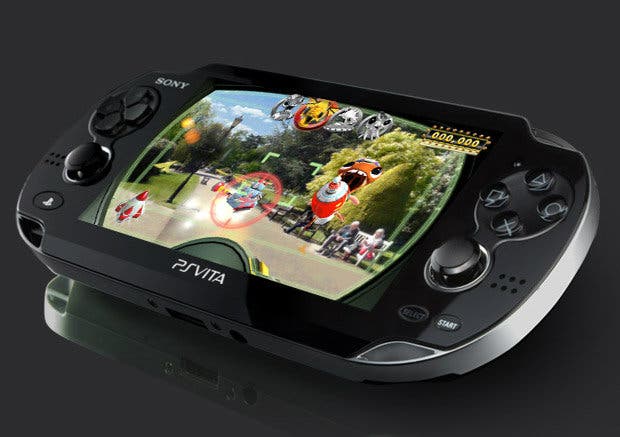Sony's Shuhei Yoshida
Vita, PS3, Move and more.
Going into the launch of PS Move last year we had certain goals for the initial year in terms of unit sales. We have overachieved our initial goal. We are extremely happy. The kind of experiences the system has been designed for are very intuitive and responsive and precise. That has been well communicated to consumers. Media people helped us a lot to talk about how PS Move is different from other types of experiences.
There is a certain amount of scepticism, especially from those types of developers who work on traditional types of games, because they make games for people who have played games for many, many years. They are totally comfortable continuing to use the DualShock controllers. But once they try PS Move they are surprised to see how they can incorporate it just as a game controller.
PS Move is designed as a game controller. It has the same responsiveness and precision gamers need. As more developers find that out and more content is created using PS Move for that type of experience, people's understanding of the potential for PS Move will go deeper. So I'm very happy where we are with the adoption of PS Move. We are working on more new experiences using PS Move for the future.
No. We never have that limit. We ask every team to evaluate. Because we involved lots of teams in our development of PS Move, we already had a good understanding of what type of games can take advantage of PS Move well. Like FPS, we knew it worked. It's like a pointing device and very precise and responsive. But there are certain types of genre of games we were not able to try before the launch of PS Move. So we're still evaluating and discovering.
In terms of what could be lacking… so FPS games are good because PS Move in combination with the Navigation Controller, we designed it so when you have both, the amount of input available compared to DualShock 3 is equal, meaning right analogue stick on DualShock is replaced by the actual movement of PS Move. Because FPS has the camera movement and the character's movement very connected, that works with that design.

But what we discovered after the fact was with the third-person action adventure type of game, the camera movement and your actions are totally separate. It has to be controlled independently.
Move is motion control. The desire is to allow people to do the movement to do the character action; So not just pressing buttons but really use the motion control for the character action. That creates the problem of how to replace the camera movement. Now, right analogue stick is gone and the replacement was the motion control, which is used for the character action. What to do? It's a new challenge we are looking at. Because of the robustness of the technologies, this should be able to be done. But the question is, the game has to be architected for a certain way. If the use of motion control requires radically different architecture for the game, the game has to be specifically made for either DualShock or PS Move. That's a challenge we are looking at. Other than that genre, almost all kinds of experiences can be created on PS Move.
If you're an analyst you might be asking, while other companies are divesting, why are you investing? We see the situation totally differently. We do not go out and acquire developers to acquire business. Many third party publishers and independent companies do that. What we do, usually, is develop the relationship with the developer. Once we have certain years of experience working together and creating some successful IPs, we shift into a new stage of relationship, after the fact we had that achievement.
So, it always comes organically. Sucker Punch has been making games for us for the last 10 years. Before the acquisition, after the acquisition, they continue to make games for us going forward. Will it change the output in any way? I doubt it. But it will remove them from certain types of things that they have to worry about, being an independent developer. That's the positive aspect of having this new relationship. They can focus on the creative aspect of making games without worrying about, if this game doesn't sell, they might have to find new partners or create a new concept while they are still working on the current project. It's a lot of stress.
For them, they can totally focus on the creative aspect as well as being a part of our family. We can invite them a bit deeper into the activity we do now.
Yeah! Sony Computer Entertainment, Inc., especially the hardware group. That's totally exciting. I'm looking forward to embracing them into that group.

